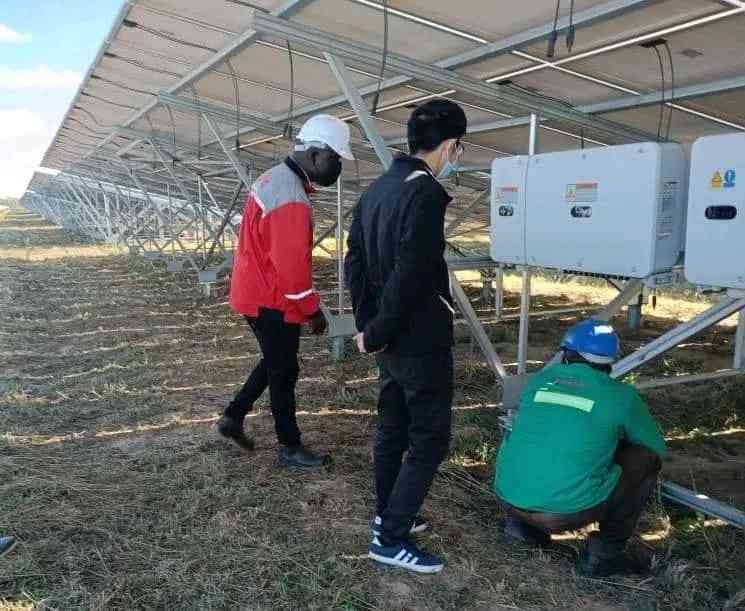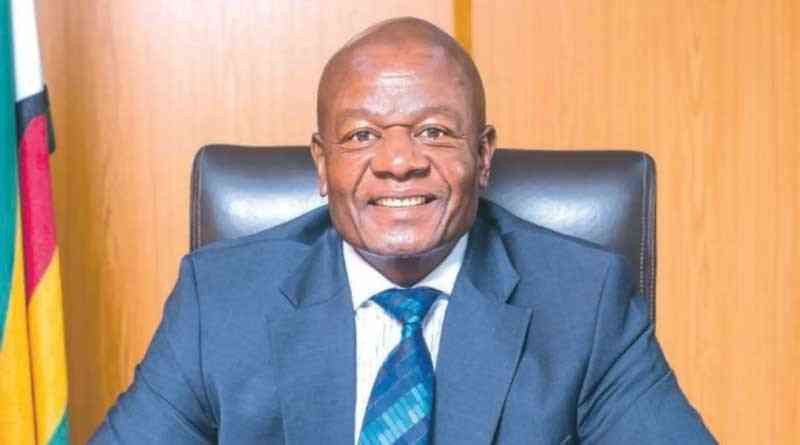
As Zimbabwe continues to cross-pollinate ideas among its citizens, the main objective is to accommodate every innovation and continue to spark creativity in the energy sector.
This combination of ideas has the potential to create “fertilisation” thereby producing a new hybrid of solutions.
This process works when two unrelated concepts intersect in our minds, creating what is known as a novel idea.
It activates deeper networks in our brains and forms new synaptic connections.
This is very healthy for the country, as it results in a phenomenon called conceptual blending.
The transmission of ideas to every citizen will assist Zimbabwe in achieving its desired goal of becoming “A Green Energy Giant” in southern Africa.
Foundations for innovation: Education and human capital
Zimbabwe boasts one of the best academic institutions and one of the most active and vibrant pools of human capital globally.
- Love for the ghetto lands Chinese national in soup
- Letter from America: Trump’s revenge: Supreme Court bans abortion
- Letter from America: Trump’s revenge: Supreme Court bans abortion
- Govts urged to fund ECD
Keep Reading
It is, therefore, essential to start teaching practical sciences from as early as early childhood development (ECD).
As I continue to advocate for a national energy transition in Zimbabwe, we must understand that this transformation is driven by long-term, fundamental, and irreversible factors.
The turbulence experienced in recent years, particularly the droughts that have affected our hydropower generation plants, highlights the need to adopt new technologies in the energy sector.
These technologies have the capacity to sustain new energy systems introduced in the country.
Resource potential and diversification of energy technologies
Zimbabwe is not lacking in critical minerals such as lithium, nickel, and rare earth metals.
However, these metals can lose value due to form reduction, and substantial investment is needed before they become scarce in the years to come.
As mentioned earlier, the cross-pollination of ideas implies that we must consider cleaner energy solutions, not just solar power alone.
We should introduce wind turbines, especially in the eastern parts of the country, where wind speeds are generally higher due to proximity to Mozambique.
I will continue to encourage our national leadership to invest in diverse energy sources.
Overcoming technological barriers and promoting local production
One of the key risks in Zimbabwe’s energy transition lies in the limited access to advanced technology and equipment.
To mitigate these risks, imports of critical equipment should be substituted with domestic production.
I acknowledge President Emmerson Mnangagwa for advocating the establishment of manufacturing plants within the country.
This initiative will not only create jobs but also help achieve the national target of 10 000 – 15 000 MW of electricity generation through renewables by 2030, with hydropower contributing 40% of that capacity.
National awareness and early energy education
As Zimbabwe continues to expand its national electricity grid, the transmission of information and awareness must begin at the household level and extend to the national level.
To ensure uninterrupted flow of information, the generation of electricity should become a national subject, from early childhood development up to Advanced Level.
This strategy will ensure that every citizen understands the importance of green energy in Zimbabwe.
Carbon neutrality and economic growth
With the country having committed to achieving carbon neutrality by 2040, Zimbabwe is witnessing a growing number of new industries.
The Energy and Power Development ministry should encourage more domestic and international investors to establish solar power plants and battery energy storage systems.
This will help meet the demand driven by the country’s rapid economic expansion.
The private sector possesses a deep pool of expertise in developing green energy solutions.
Therefore, the government should continue supporting these players.
As the economy grows, professional regulatory bodies such as Zera must implement measures to reduce overall energy consumption.
Grid expansion and integration of renewables
ZETDC is encouraged to continue with its national grid expansion drive to transmit renewable energy generated in various parts of the country.
This will create economic benefits and employment opportunities.
However, integrating large volumes of intermittent energy sources such as solar and wind into the grid requires significant investment in grid infrastructure and energy storage solutions.
Because these sources are weather-dependent, additional small modular reactors (SMRs) may be required to stabilise the grid.
Communication and cultural understanding
To reach every citizen, Zimbabwe must capitalise on traditional and accessible communication channels such as radio, especially in areas where modern technology is unavailable.
In such regions, traditional leaders like headmen and chiefs can serve as vital tools for information dissemination and acceleration.
It is crucial to build a culture of understanding the importance of power generation for economic development and livelihood sustainability.
Achieving Sustainable Development Goal 7 (Affordable and Clean Energy) is critical as it drives economic growth.
Once this goal is met, Zimbabwe will be well on its way to reclaiming its status as the Breadbasket of Africa.
A vision for a self-sufficient and sustainable Zimbabwe
Energy is the backbone of our economy. Roadshows are another important tool for spreading awareness.
Understanding must become embedded in our national identity. Manufacturing should be our language.
Eighty percent of energy-related products should be produced locally. Let us make every rooftop a recipient of the sun, converting sunlight into electricity for sustainable smart homes.
Let us harness solar energy on our farms to enable sustainable smart agriculture.
Together, through innovation, education, and strategic investment, Zimbabwe can lead the way to a greener and more prosperous future.
- Engineer Edzai Kachirekwa can be reached on [email protected]






